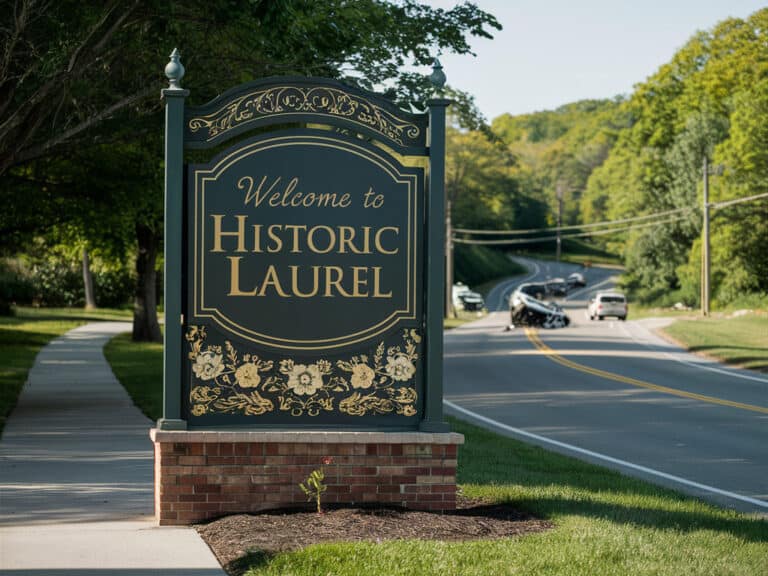- Wrongful Death
Death is the inevitable end for every human being. However, when your loved one dies in very strange and gruesome situations, your grief can be excruciating. If someone else’s negligence caused your family member’s death, you could pursue a wrongful death claim against the at-fault party. With your Maryland wrongful death attorney’s help, you can get adequate compensation for your loss.
However, wrongful death cases can be complex and complicated to handle. For example, proving negligence, an important element of a wrongful death claim, may be challenging. In addition, claimants often may have to consider getting an autopsy to prove the cause of death and, in turn, liability.
As a claimant in a wrongful death case, you may wonder how necessary autopsies are for a successful claims process. You may also wish to know if you can navigate your case without carrying out an autopsy. We’ll answer all your questions in this article.
What Is an Autopsy?
An autopsy is a postmortem examination that determines a deceased person’s cause of death and the circumstances surrounding the death. An autopsy is also called autopsia cadaverum or necropsy. There are different types of autopsies, and they’re classified according to their purpose. For example, while clinical autopsies are for medical reasons, academic autopsies are for educational and research purposes.
A forensic autopsy is another type of autopsy that determines the cause of death to further a lawsuit. According to Maryland’s Department of Health, forensic autopsies identify injuries or medical conditions that may have caused the deceased’s death. A forensic pathologist conducts this type of autopsy and gathers evidence to investigate and prove the cause of death.
Generally, a forensic autopsy takes less than 5 hours to conduct. However, depending on the complexity and the procedures involved, it may take a few weeks or several months to conclude. After an autopsy, the forensic pathologist will prepare an autopsy report that contains the following information:
- A medical opinion
- Findings on the cause of death
- Special procedures that the pathologist carried out, e.g., CT scans or X-rays and their findings
- Laboratory reports
- A description of the internal and external examination of the body
- Microscopic findings (conclusions from tissues and organs)
How Do Forensic Pathologists Perform Autopsies?
If you’re curious about how forensic pathologists carry out autopsies to discover the cause of death, here’s how:
- Forensic pathologists usually start an autopsy by making a “Y” incision on the deceased’s body.
- Next, they remove all organs and examine them after weighing them. Then, they examine the stomach contents too.
- They collect tissue, blood, urine, and other fluid samples to examine.
- Lastly, they examine the head and brain and conclude their investigation.
Are Autopsies Mandatory for a Successful Maryland Wrongful Death Claim?
In all successful wrongful death cases, the claimant must prove the at-fault person’s negligence. That is, the following elements must be present in the case:
- The duty to exercise reasonable care; for example, doctors owe their patients the duty of care.
- Breach of the duty above through some careless act or inaction.
- Causation. That is, the defendant’s breach of duty caused the victim’s death.
- Damages. That is, the victim’s death led to some losses, e.g., companionship.
Since autopsies aren’t elements of wrongful death, they aren’t compulsory for a successful case. This is because in some wrongful death cases, the cause of death is glaring, and there’ll be no need for an autopsy. For example, in a car accident case where a victim dies upon collision, the cause of death is obvious.
However, it may be difficult to determine causation in some other cases, especially in medical negligence. Even when you suspect a doctor‘s negligence, the reckless medical practitioners may try to cover up for themselves. Since causation is an important element of wrongful death, an autopsy becomes necessary in proving your case.
In such situations, you mustn’t assume the State of Maryland will carry out an autopsy. To ensure that you don’t hurt your wrongful death case, you must request a private autopsy at your own expense.
Contact a Maryland Wrongful Death Lawyer ASAP!
Mourning a loved one who died from a stranger’s recklessness is always an unpleasant experience. Apart from the physical pain, you’ll also have to make financial arrangements to foot their funeral and burial expenses. Fortunately, you can make this process more bearable by hiring a Maryland wrongful attorney to handle your compensation claims.
At Pinder Plotkin LLC, our wrongful death lawyers are available round the clock to provide all the help you need. We’ll help you find out what happened to your loved one and hold the negligent party accountable. Getting you justice is our priority, so schedule a free consultation with us today.





